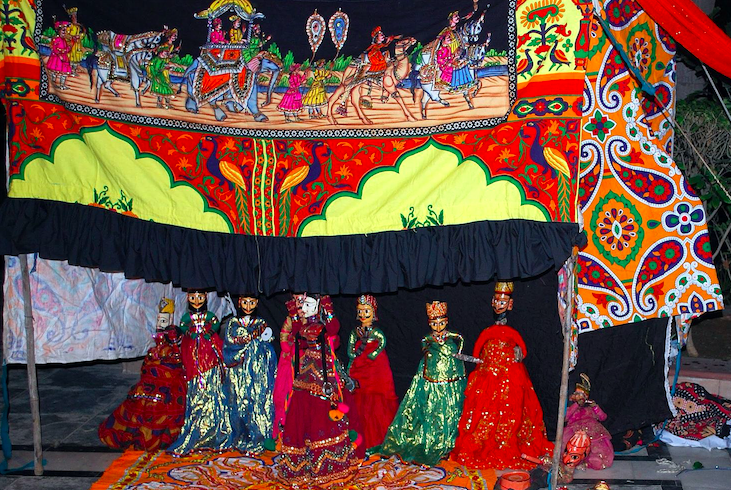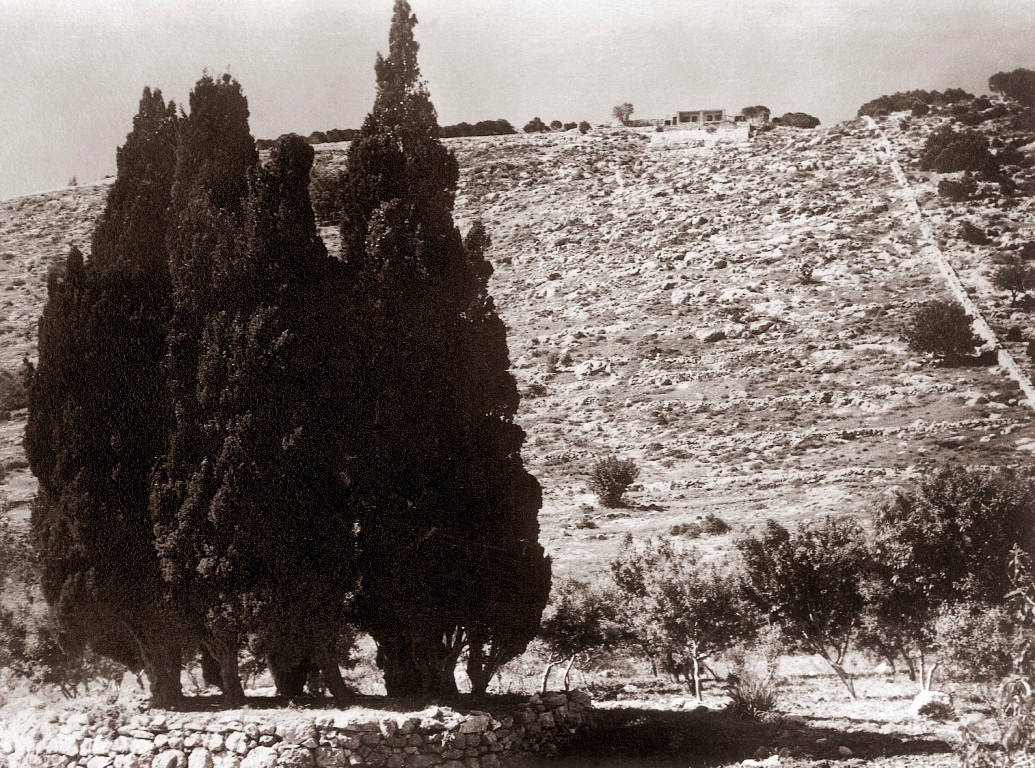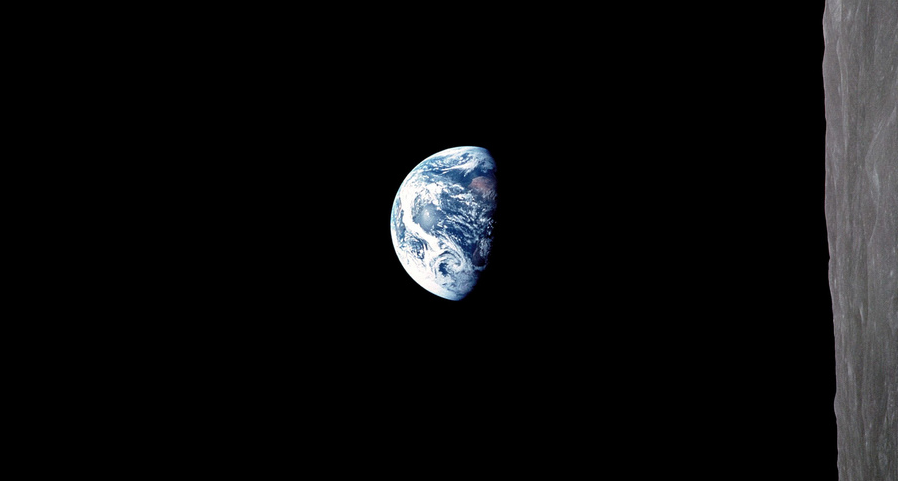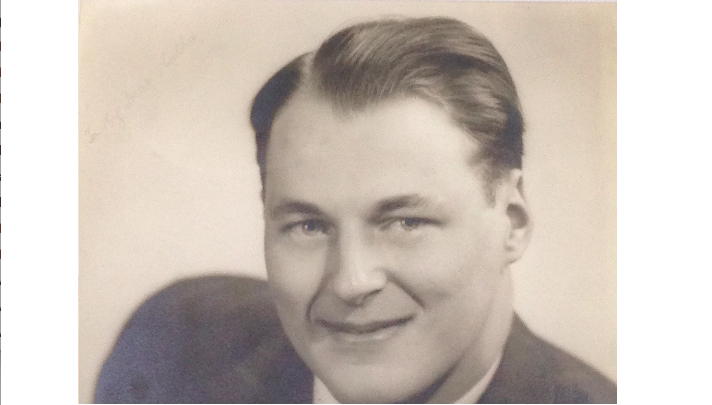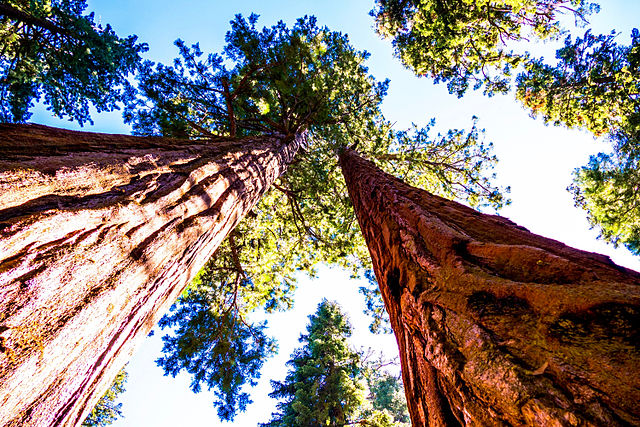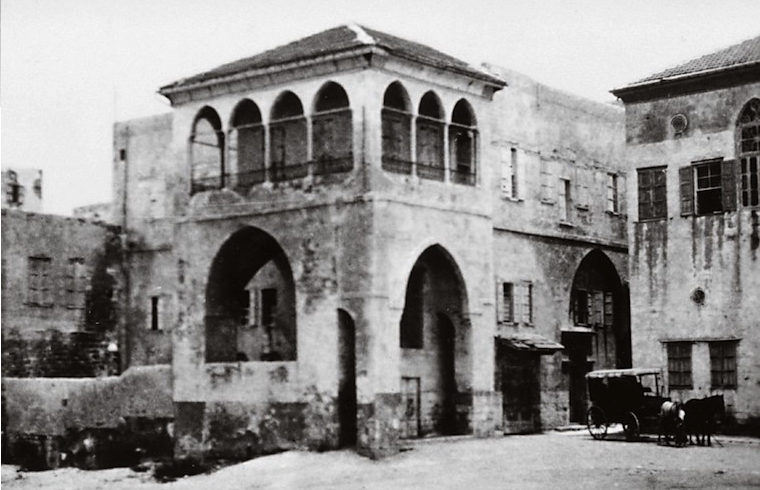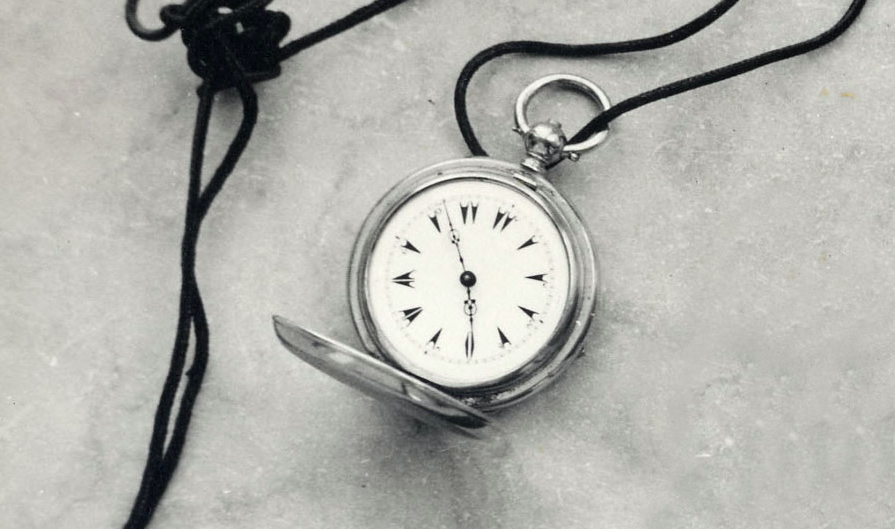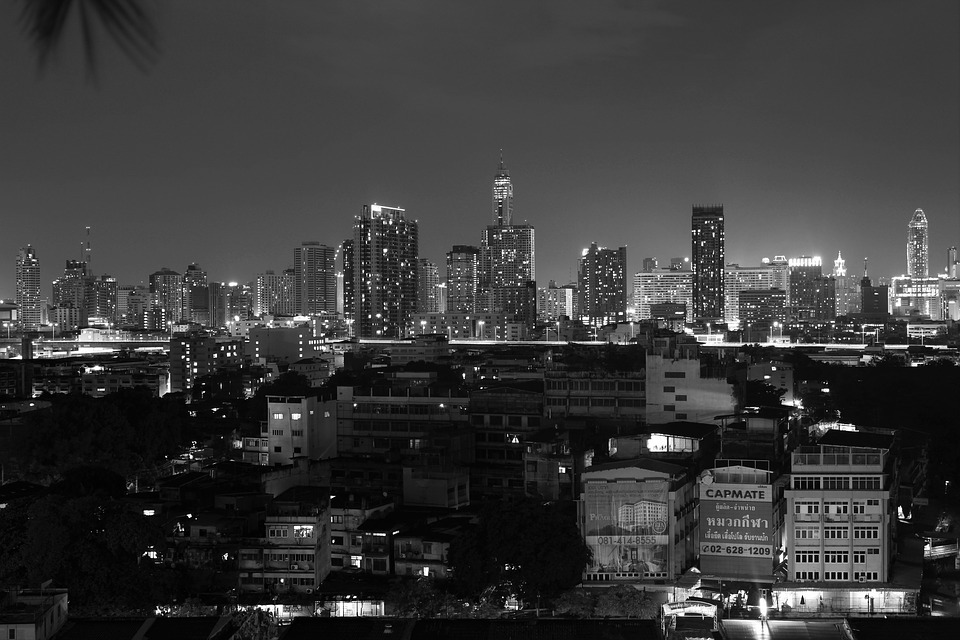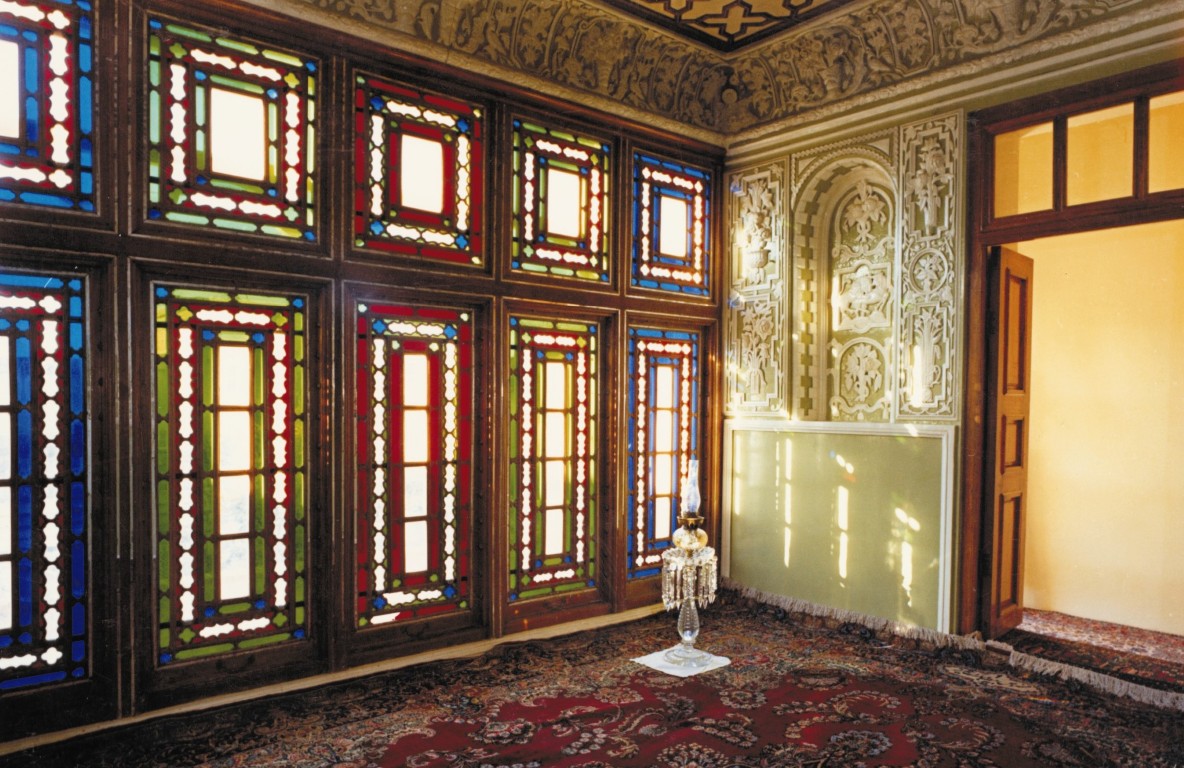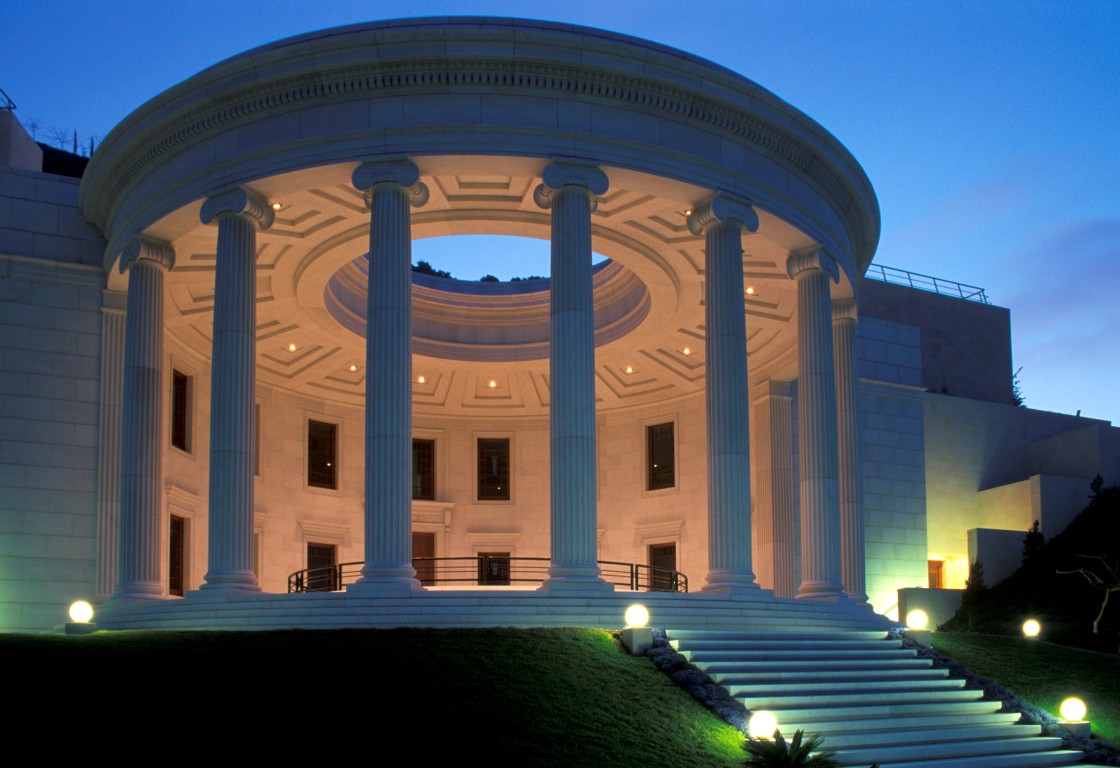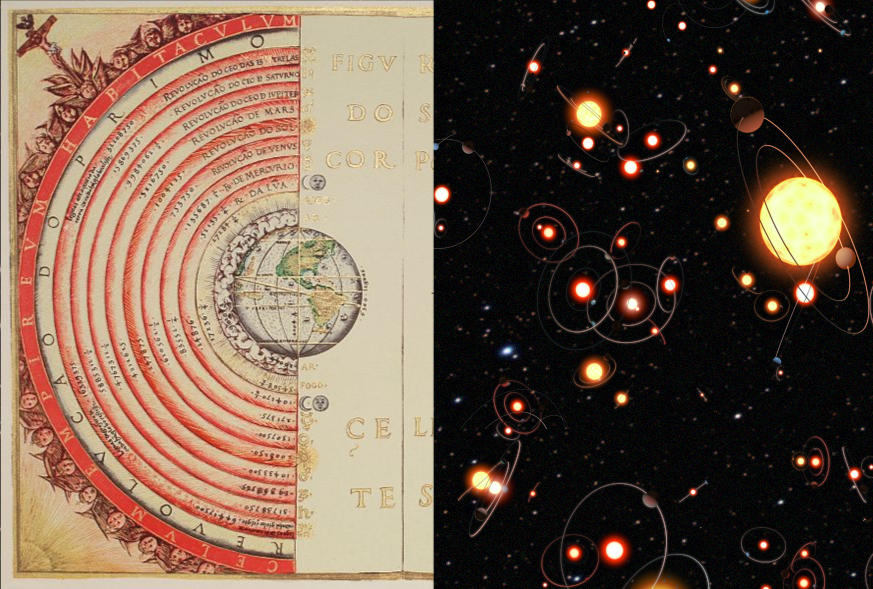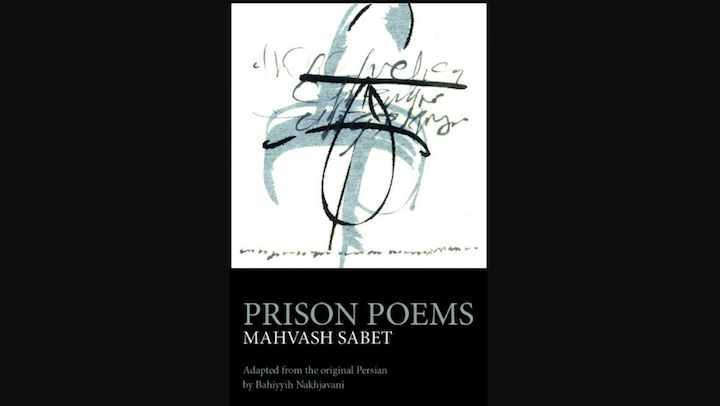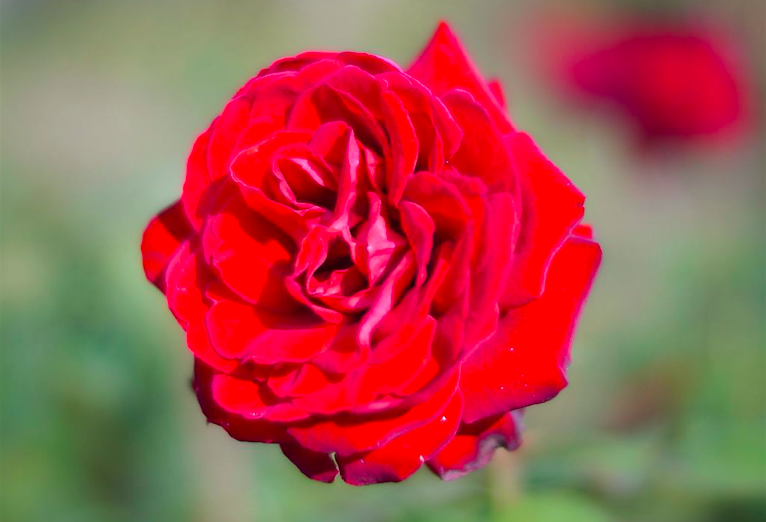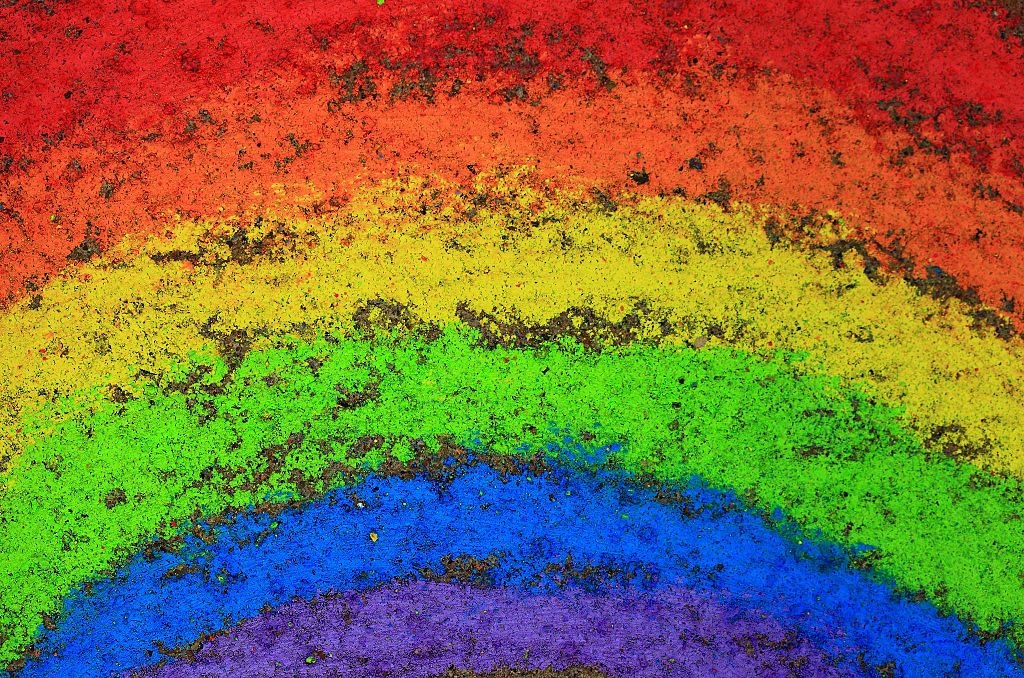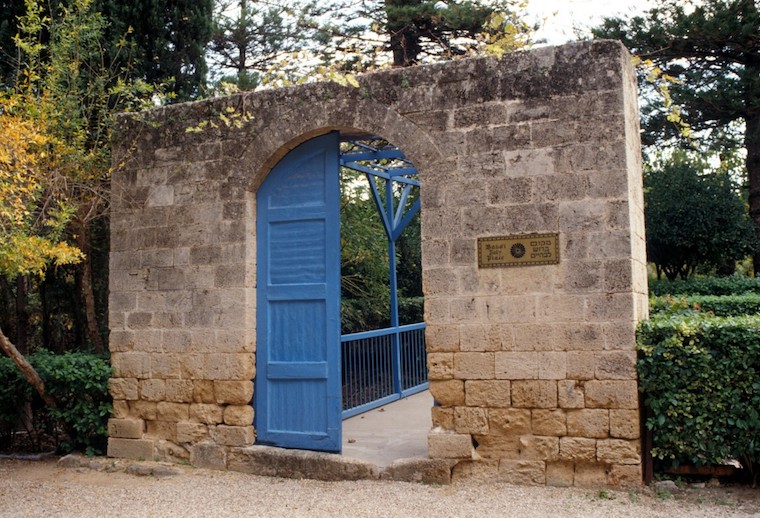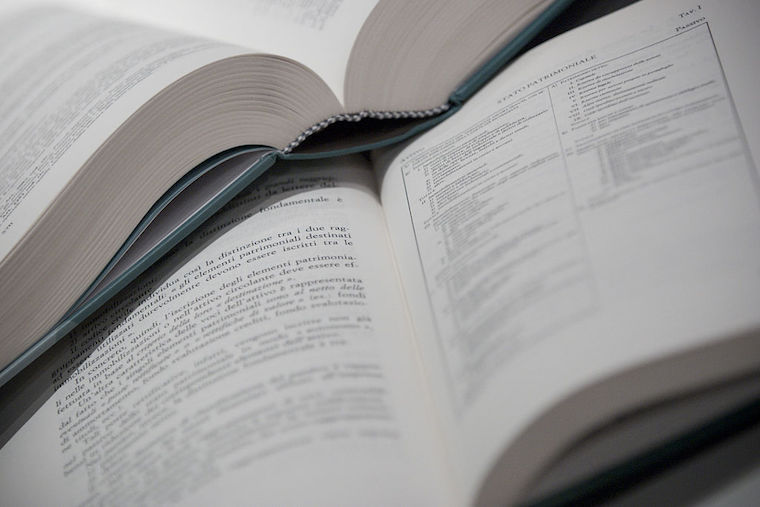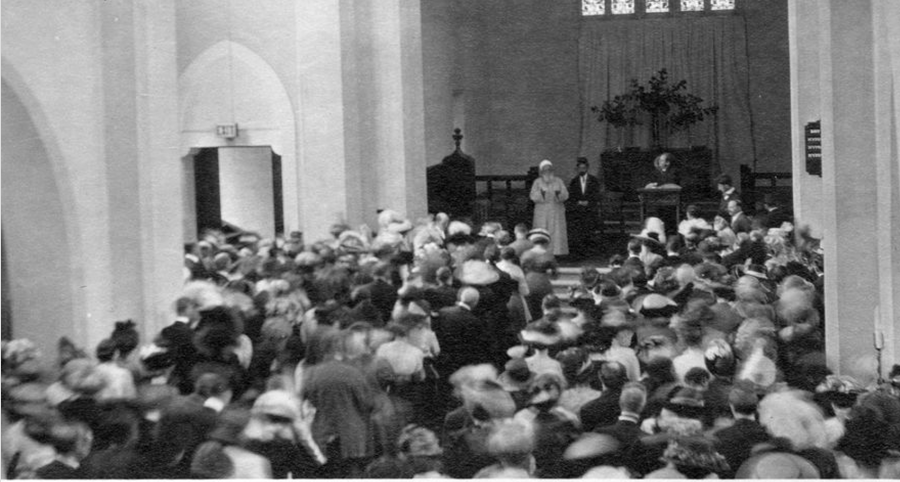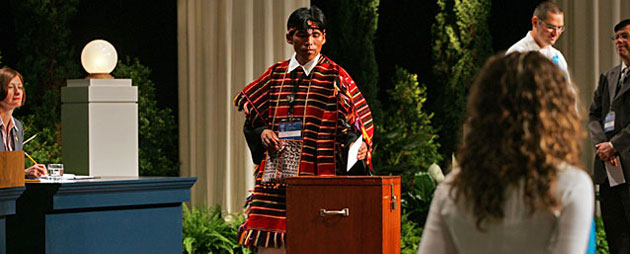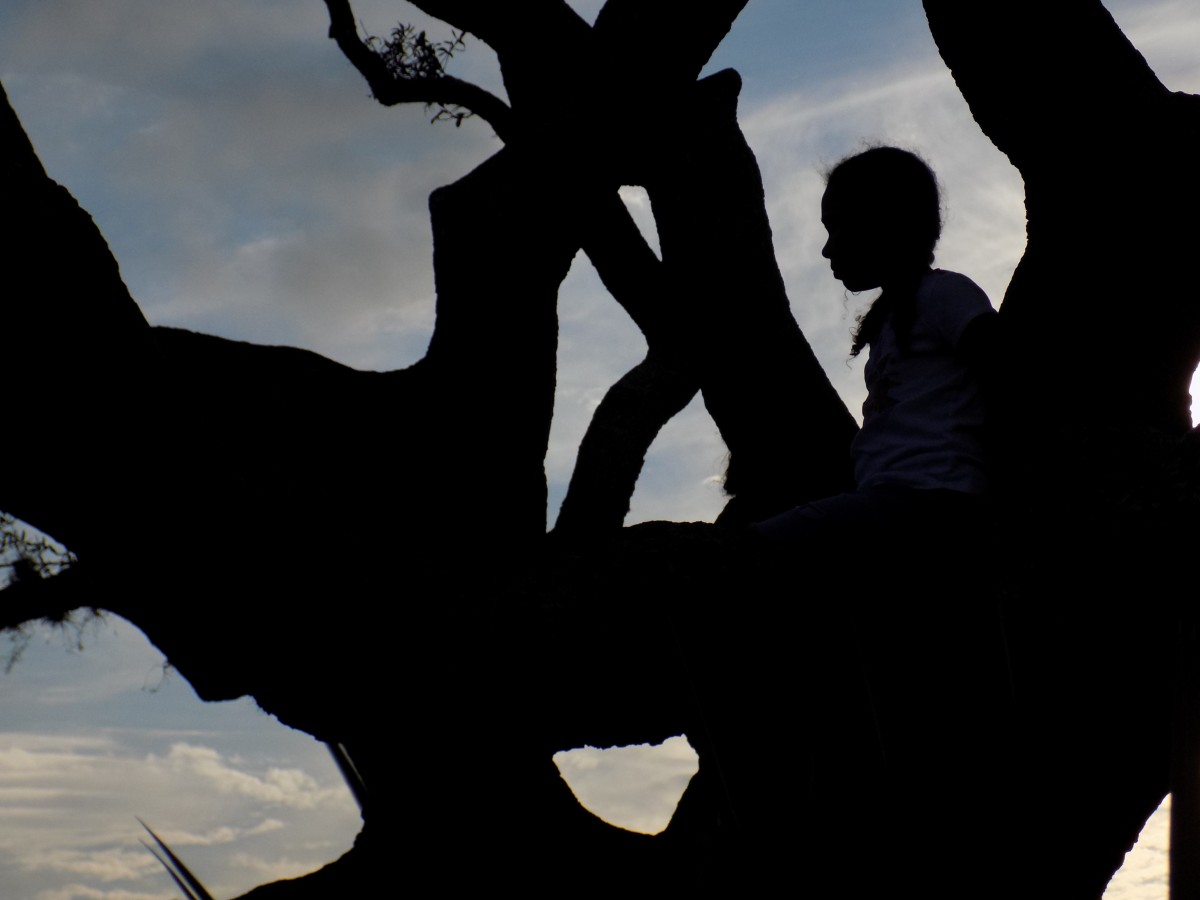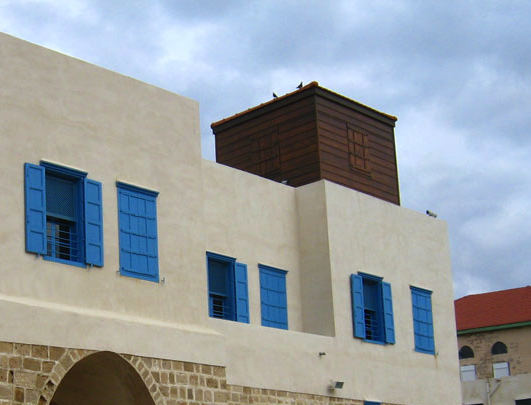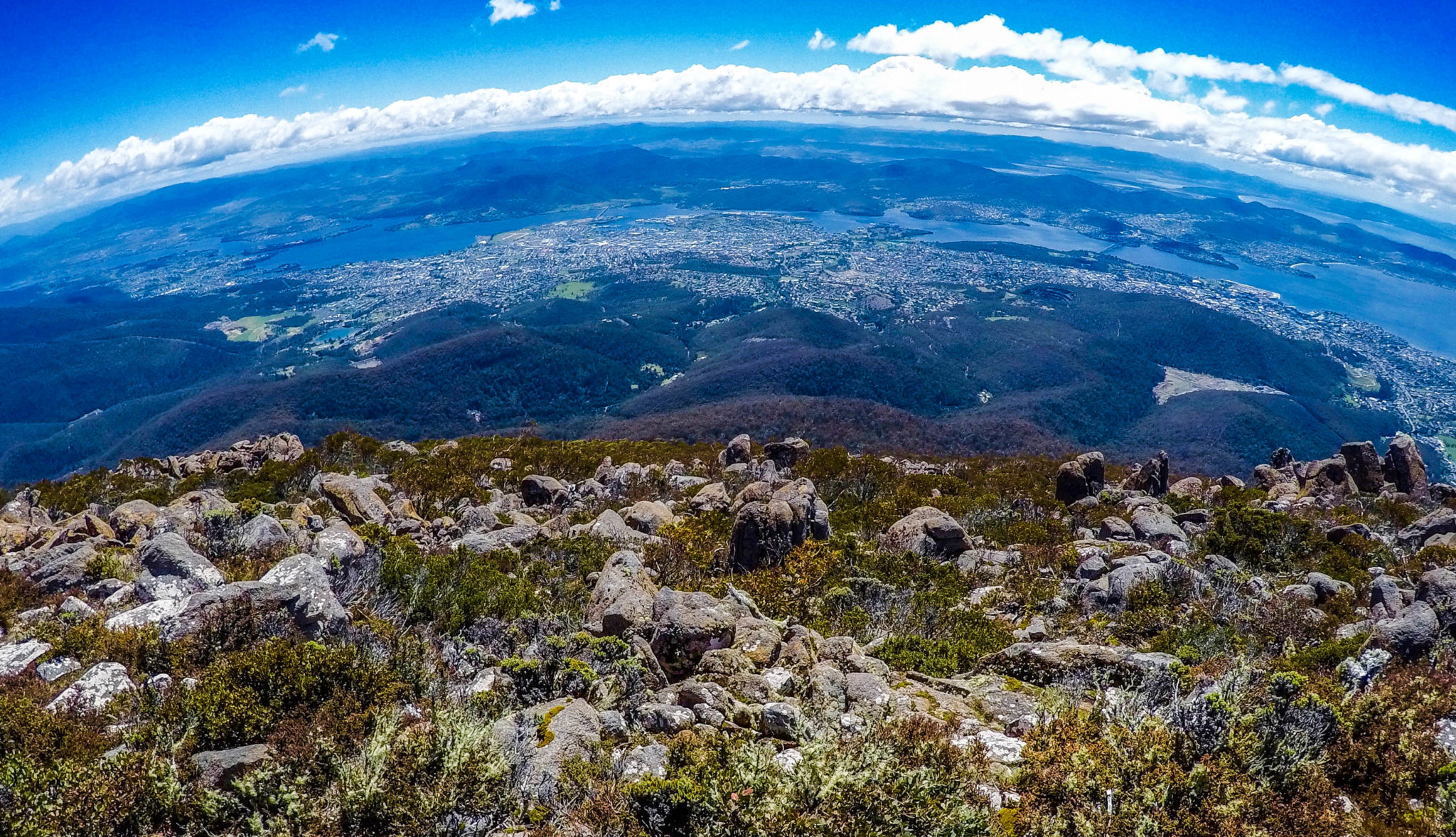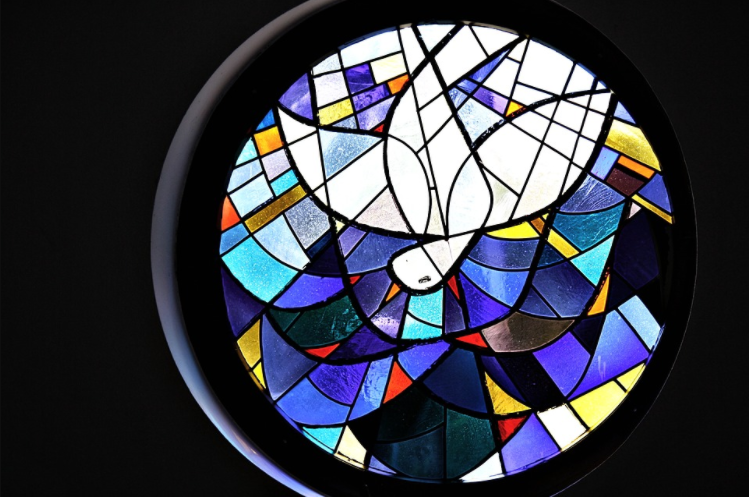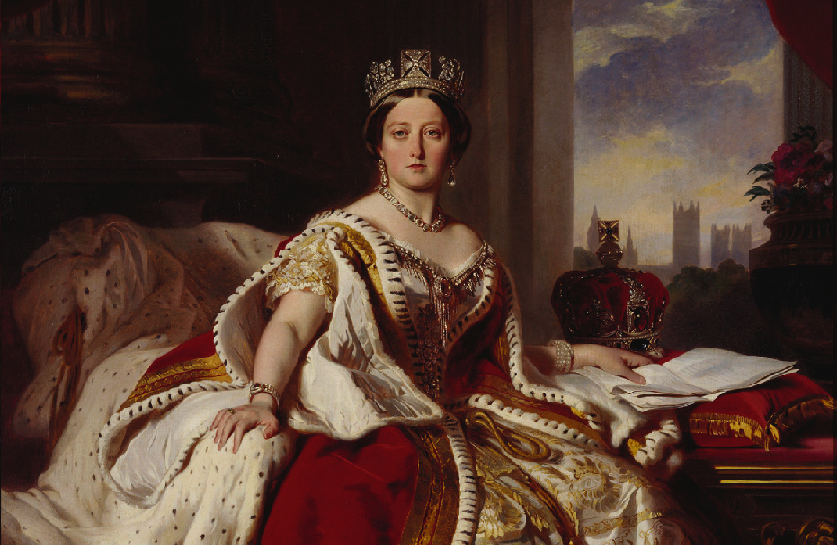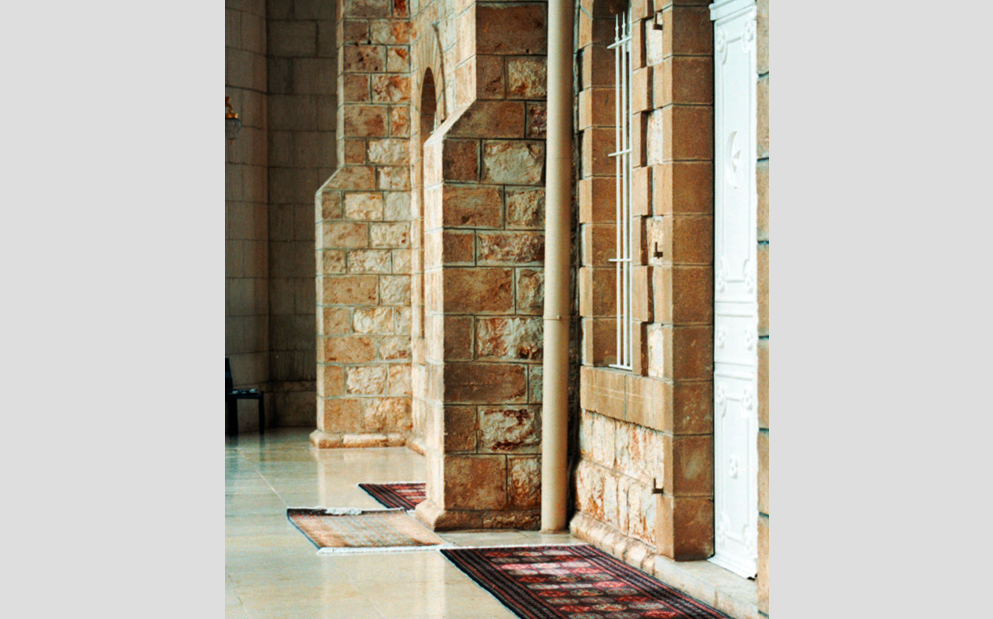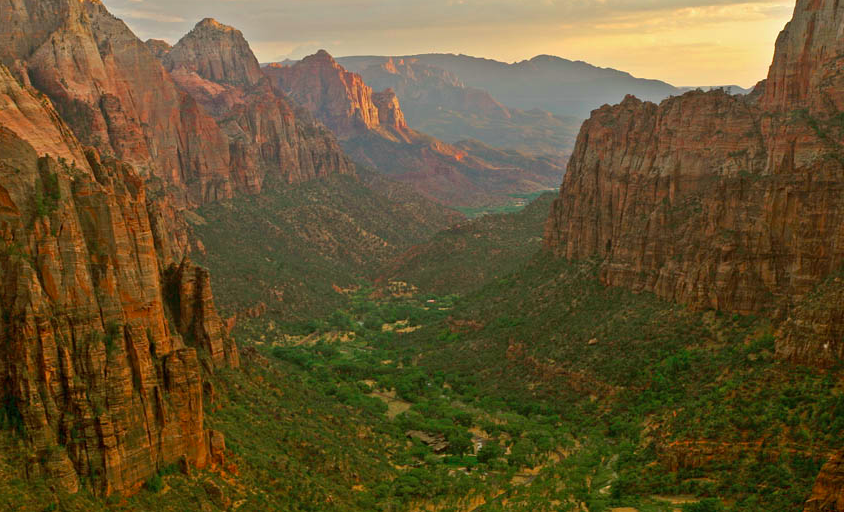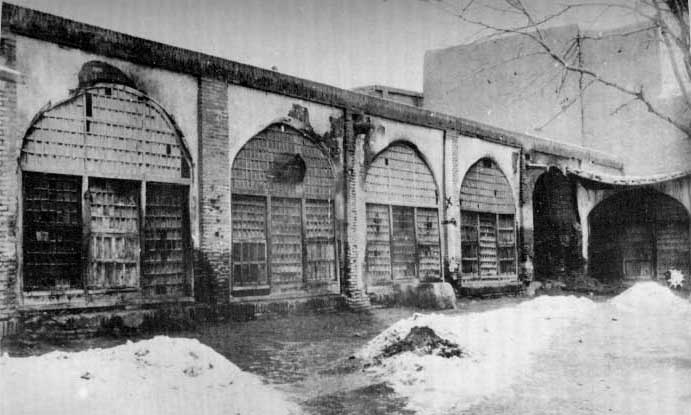Baha'u'llah
-
The Sultan’s Puppet Show
Shortly after Bahá’u’lláh was condemned to exile and imprisonment in the prison-city of Akka, he wrote to the Grand Vizier responsible for his banishment. The letter (the Tablet to the Chief) condemns the injustice of the Grand Vizier’s order and warns of his impending demise. Part of the letter is devoted to a brief story from Bahá’u’lláh’s childhood. In the story, Bahá’u’lláh is at a marriage feast being held in his father’s home. As part of the festivities, the puppet show “Shah Sultan Salim” is to be performed. As the play begins, the puppets announce that the Sultan is coming. There is a commotion as the puppets prepare the Sultan’s way…
-
Looking Good – The Ornaments
Dressing up – and decorating in various ways – is a universal human practice. Clothing isn’t just functional. It serves complex social functions; it is used to communicate mood, occasion, status, function and gender. It is sometimes religiously mandated, marking the boundaries of “appropriate” or “modest” clothing. Sometimes such constraints have been the vehicle of oppression, particularly when imposed on women. Bahá’u’lláh abolishes religious constraints on clothing. The choice of clothing and the cut of the beard and its dressing are left to the discretion of men. But beware, O people, lest ye make yourselves the playthings of the ignorant.[1] Instead Bahá’u’lláh has in mind a different kind of human decoration.…
-
Extremes of Wealth and Poverty
The increasing gulf between rich and poor has recently re-emerged as an issue in public debate, both as an issue of economic justice and as an issue contributing to political instability in the world.[1] The issue has been a standing concern of the Baha’i community. In his early mystical writings Bahá’u’lláh draws attention to the injustice of disparities of wealth and poverty. Bahá’u’lláh challenges the common societal devaluation of the poor (and assumptions about a worthy human life): Vaunt not thyself over the poor, for I lead him on his way and behold thee in thy evil plight and confound thee forevermore.[1] This is not enough. The wealthy have obligations of generosity…
-
Seven Heavens and Extrasolar Planets
Australian skies look to the centre of the galaxy. The milky way is a bright band high overhead and the night sky an explosion of starlight. Distant and constant points of light, stars are infinitely older than our vanishingly brief time on this earth – so unconcerned with our petty happenings and trivial squabbles. They teach us a lot. Sadly in our modern world it has become harder to even see the stars. Certainly, their pristine glory is rarely seen, particularly if we live in one of the world’s megacities. With an interest in the night sky, the following passage from Bahá’u’lláh’s writings is one of my favourites. Bahá’u’lláh is responding to a question…
-
Civilization and its Excesses
Bahá’u’lláh called on all human beings to work for the advancement of civilization, yet he also warned of the danger of carrying civilization to excess. All men have been created to carry forward an ever-advancing civilization.[1] And yet: If carried to excess, civilization will prove as prolific a source of evil as it had been of goodness when kept within the restraints of moderation. Meditate on this, O people, and be not of them that wander distraught in the wilderness of error. The day is approaching when its flame will devour the cities….[2] Bahá’u’lláh wrote in the 19th century. His insight of the approaching danger saw far ahead of his contemporaries, who tragically could not see the appalling dangers ahead. The following is from an…
-
A Tribute to Bahá’u’lláh
This article tells the story of a moment in time. A small event, briefly told, yet one that still echoes through time and space. A few evenings ago the words from that event echoed in song in the Australasian Baha’i House of Worship in Sydney. Here is the story. ‘Abdu’l-Bahá was travelling to the West. In October 1911 he reflected on his arrival in Paris, one of the first Western cities he visited: I regret much that I have kept you waiting this morning, but I have so much to do in a short time for the Cause of the love of God. You will not mind having waited a little…
-
Each Morrow Richer than its Yesterday
We all make mistakes. How we deal with our own mistakes and of those around us has important implications. Too often we stand in judgement of our fellow human beings. It’s an attitude that is corrosive to our own connection with the sacred, and in its worst manifestations creates a judgemental and oppressive community. Despite the prevalence of this human behaviour, the idea that we ought not judge others is ancient and familiar. Bahá’u’lláh reminds us in his Hidden Words that it is a core insight from the spiritual wisdom of the world. Breathe not the sins of others so long as thou art thyself a sinner.[1] How couldst thou forget thine own…
-
We Are One – Bahá’u’lláh’s Teachings Against Violence
Human beings are not inherently violent. But that we have a problem with violence is undeniable. How many times have prophets, poets, philosophers and philanthropists of all kinds called us to love and peace? Yet how many times have human beings found (indeed continue to find) excuses for violence? In this article five aspects of Bahá’u’lláh’s teachings against violence are discussed: individual violence, religious violence, political violence, domestic violence and interstate violence. An aspect of the oneness of humanity – that human beings ought be like “one soul and one body” is that violence between human beings ought become a thing of the past. Bahá’u’lláh wrote: … it is Our purpose, through…
-
Seeker
For me, it was like the lifting of a darkness of which I had previously been unaware. The lights were on; a new beauty and truth was in the world, and there was no going back. The journey the seeker follows to faith is not an easy one. It is really impossible to describe. For some it is completed in an instant. For some (as in my case) it can take time – a long time. It is a journey that is never really completed. And to those who haven’t made the journey, it may seem like a bewildering and impossible road. It is a search that demands something of us. It…
